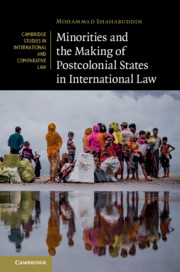This article offers a historical perspective on the concept of voluntarism in modern Africa. It does so by exploring the ways in which postcolonial states grappled with the legacies of colonial-era concepts of voluntarism, using Tanzania as a case study. It argues that the postcolonial state sought to combine two strands of colonial thinking about voluntarism in a new conception of “virtuous citizenship.” But this was a fragile construction, and the language of voluntarism could bring to light divisions in society that many would have preferred to keep hidden.
